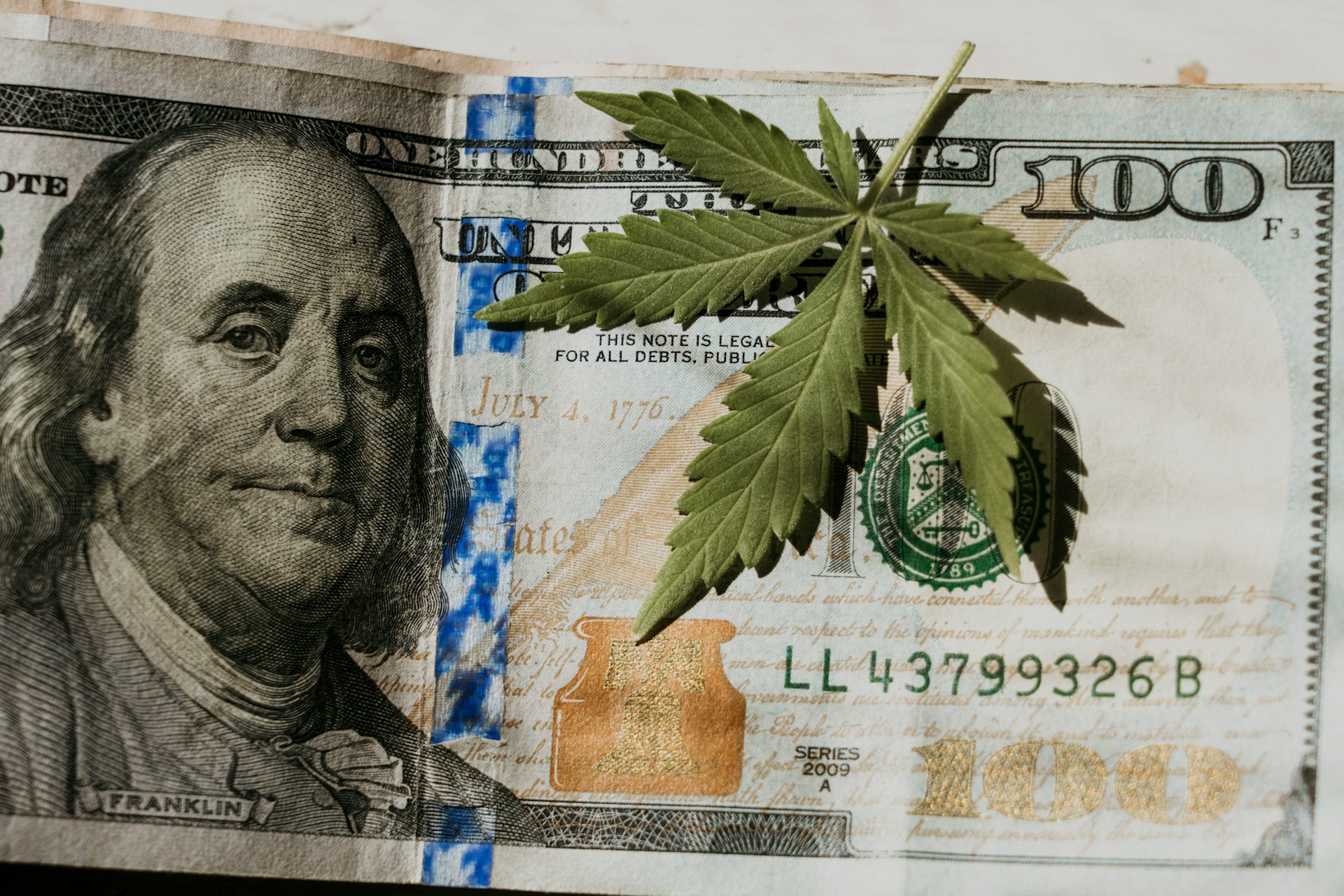A prospective rescheduling of Cannabis at the DEA, knocking it down two notches from the ranks of the most dangerous prohibited substances, has ignited enthusiasm among investors. While a rescheduling would materially impact the tax bills of American cannabis enterprises, expected litigation and associated bureaucratic processes will likely take months to complete – if not longer. The White House is clearly taking on an active posture toward dismantling certain arms of the federal prohibition on cannabis, but it will take action from Congress to address the most pressing concerns for businesses in the sector.
Rising interest rates and softening prices in the cannabis industry had suppressed shares of cannabis firms throughout 2022 and 2023. Total active licenses in regulated medicinal and recreational marijuana markets have fallen for five straight quarters. Costs continue to be exacerbated by lack of access to financial institutions. That could be remedied by the latest iteration of the SAFER Banking Act, but this bill has yet to pass either the House or Senate and may be facing an uphill battle ahead of November’s Presidential Election.
Related ETFs: AdvisorShares Pure US Cannabis ETF (MSOS), ETFMG Alternative Harvest ETF (MJ)
Cannabis shares soared last week on reports that the US Drug Enforcement Agency (DEA) would reclassify cannabis, potentially opening up access to certain tax deductions that the industry was previously denied access to. The Wall Street Journal reports that restrictions related to cannabis businesses dealing in a product that is categorized as a Schedule I narcotic – which is legally defined as trafficking a controlled substance by Section 280E of the federal tax code – meant that these firms were often on the hook for an effective tax rate of 70% or more. Without the change in cannabis’s scheduling at the DEA, Whitney Economics has forecast that licensed US cannabis enterprises could pay $2.3 billion more in federal taxes in 2024 than they would under normal business tax rules.
MRP first covered the prospect of cannabis rescheduling last August after the US Department of Health and Human Services’s (HHS) first recommended that the drug should be reclassified as a lower priority Schedule III narcotic under the Controlled Substances Act. DEA drug scheduling runs from one to five, with drugs at the top end of that scale, like cannabis, supposedly having a high potential for abuse with no accepted medical use, along with a lack of accepted safety for use under medical supervision. This puts cannabis on par with narcotics like heroin and fentanyl. A reclassification, down to Schedule III would imply that cannabis only has moderate to low potential for physical and psychological dependence, and is comparative to certain anabolic steroids and ketamine.
Lowering cannabis firms’ tax bills will take some pressure off of the industry, which has been receding under the weight of high interest rates, a glut of supply, and legislative deadlock. A survey of 224 businesses in the US cannabis sector across…
To read the complete Intelligence Briefing, current All-Access clients, SIGN IN All-Access clients receive the full-spectrum of MRP’s research, including daily investment insights and unlimited use of our online research archive. For a free trial of MRP’s All-Access membership, or to save 50% on your first year by signing up now, CLICK HERE










